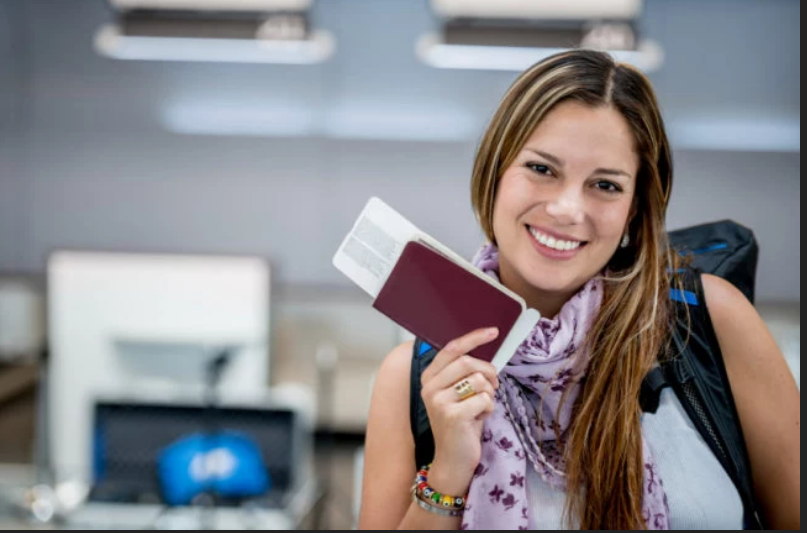An Emergency Visa for Vietnam is a special visa issued to travelers who need to enter Vietnam urgently due to an emergency situation. Unlike regular tourist visas which can take several days to process, an emergency Vietnam visa can be issued very quickly, often within 24 hours or less.
Emergency visas are only intended for genuine emergency situations. Reasons to apply for an emergency Vietnam visa may include:
- Family emergencies, such as the death or serious illness of a close relative in Vietnam.
- Business emergencies, like an urgent business meeting or deal, cannot be delayed.
- Medical emergencies, such as requiring urgent medical treatment in Vietnam.
- Humanitarian emergencies, like natural disasters or accidents where you need to provide urgent assistance.
Proof of the emergency situation is usually required when applying for an emergency Vietnam visa.
Table of Contents
Who Needs an Emergency Visa for Vietnam?
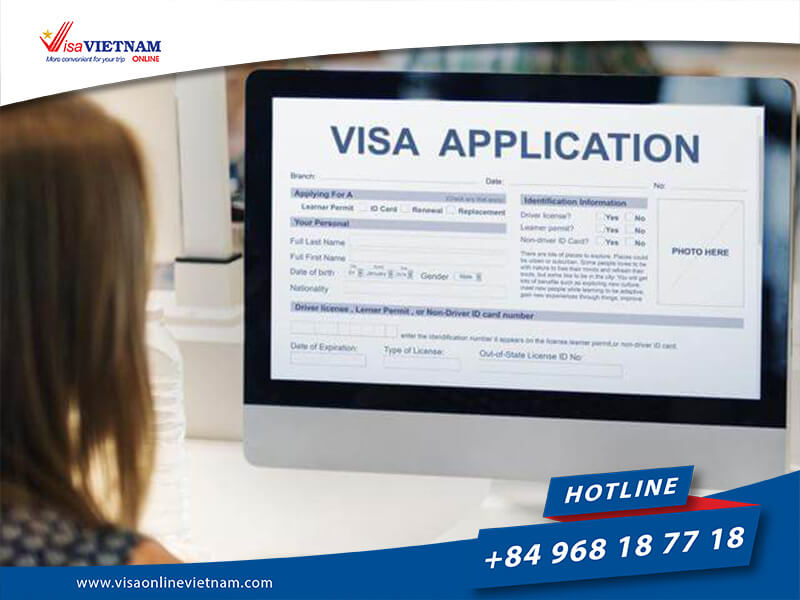
An emergency visa for Vietnam is reserved for travelers with a legitimate, urgent need to enter the country at extremely short notice due to an emergency situation.
You should not apply for an emergency visa simply because you failed to obtain a regular tourist visa on time or changed your travel plans at the last minute. Doing so may result in the rejection of your application.
The following types of travelers may qualify for an emergency visa if they can provide proof of a genuine emergency:
- Family members of someone who is critically ill or passed away unexpectedly in Vietnam
- Business travelers with an urgent, unforeseen business obligation in Vietnam
- Those who urgently require specific medical treatment only available in Vietnam
- Aid workers responding to a natural disaster or humanitarian crisis in Vietnam
- Journalists covering breaking news events in Vietnam on very short notice
If you do not have a real emergency, you should apply for a regular tourist visa or e-visa instead, which takes 1-3 business days to process. An emergency visa application without proper evidence of an emergency may be denied.
How to Apply for an Emergency Visa for Vietnam
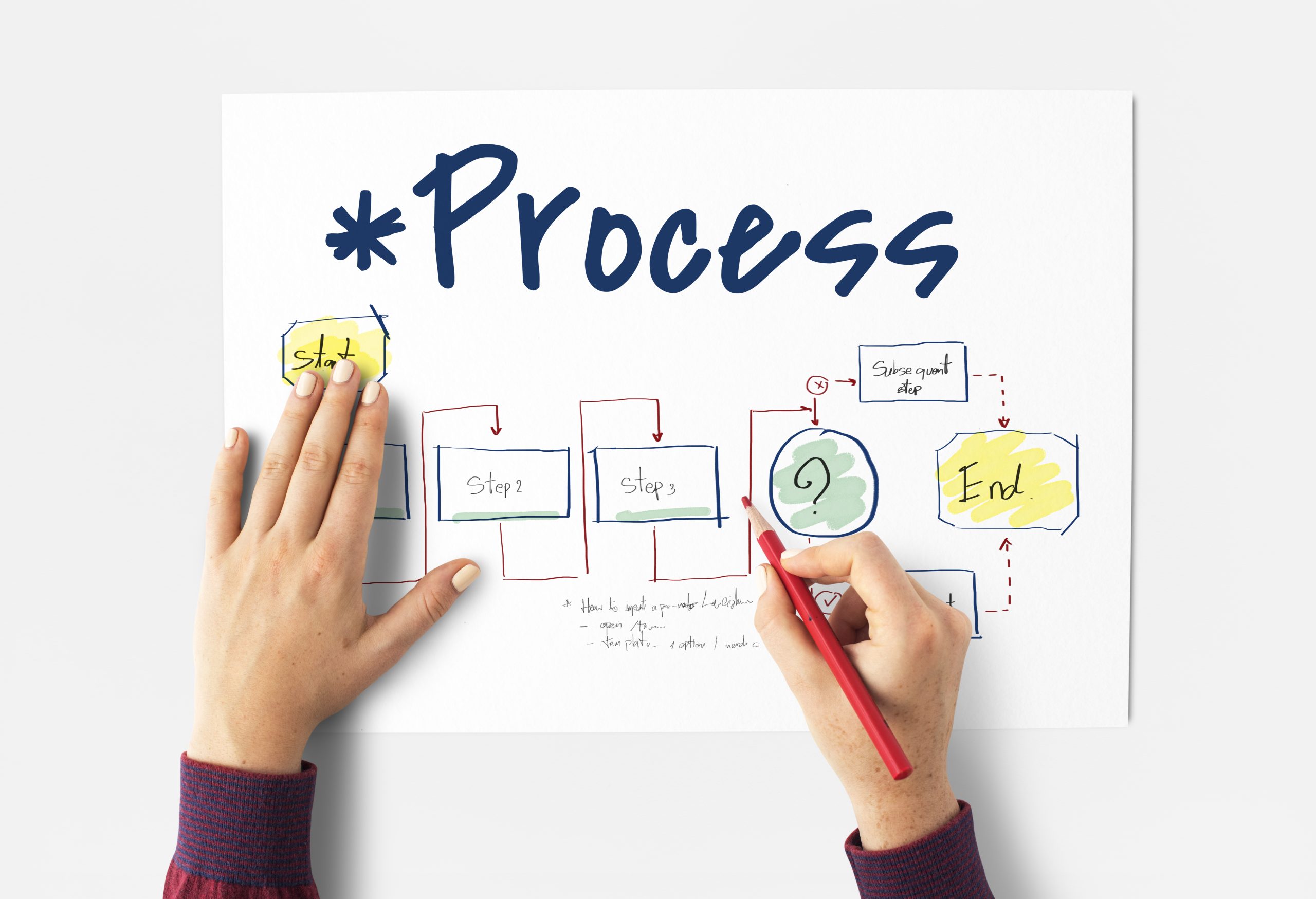
There are two main options for obtaining an Emergency Vietnamese visa:
1. Apply for a visa on arrival (VOA)
- Contact the nearest Vietnamese embassy/consulate and explain your emergency situation. Ask for guidance on applying for a VOA with an emergency.
- Complete the VOA application form online urgently with passport, ID photos, and supporting documents. Pay the fee.
- Await approval from Vietnam’s Immigration Department. With a genuine emergency and documentation, this can take just hours.
- Once approved, you’ll receive an approval letter to print and bring to Vietnam along with your passport.
- At the airport VOA desk, present the letter, forms, passport, and pay the stamping fee to receive the visa.
2. Apply for an urgent eVisa
- Contact the embassy for guidance on an emergency eVisa application. Submit the form urgently with documentation.
- Genuine emergency applications can be approved within hours or 1-2 days.
- Once approved, receive the eVisa by email. Print it to bring to Vietnam with your passport.
- At immigration, present the eVisa printout and passport to enter Vietnam.
What Documents are Required?
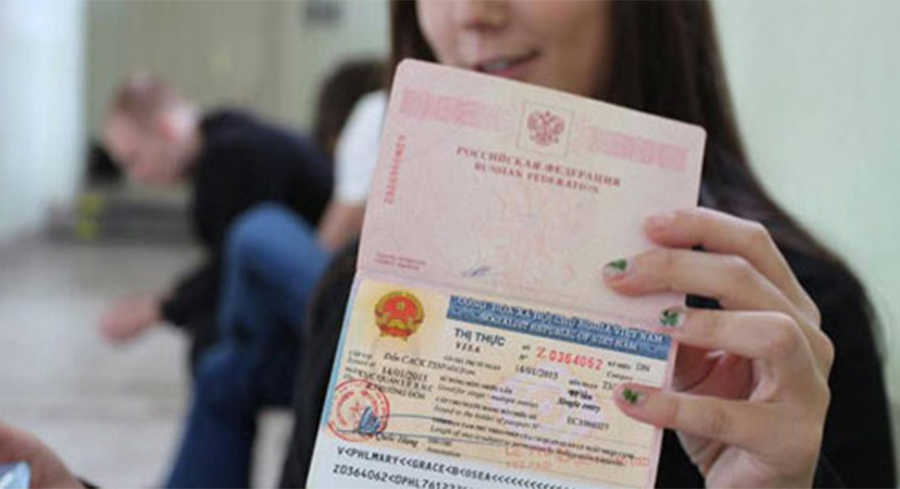
Because an emergency Vietnamese visa is intended for urgent travel only, you will need to provide documentation to prove your emergency situation. Requirements vary case-by-case, but generally include:
- Passport – must be valid for 6+ months beyond entry to Vietnam. Scanned copy required for VOA applications.
- Visa Application – fully completed emergency VOA or eVisa submitted urgently. Forms available online.
- ID Photo – digital passport photo. Printed photos needed for VOA.
- Embassy Letter – many applicants must contact the Vietnamese embassy to explain the emergency and get written advice before applying.
- Evidence of Emergency – documentation like death certificate, medical certificate, employer letter to prove the emergency.
- Travel Confirmation – evidence of flight/travel bookings to prove urgent travel plans.
- Visa Fee Receipt – payment confirmation for the urgent visa fee. Amount depends on nationality.
Incomplete emergency documentation may result in rejection of the visa application.
How Long Does it Take to Get an Emergency Visa?
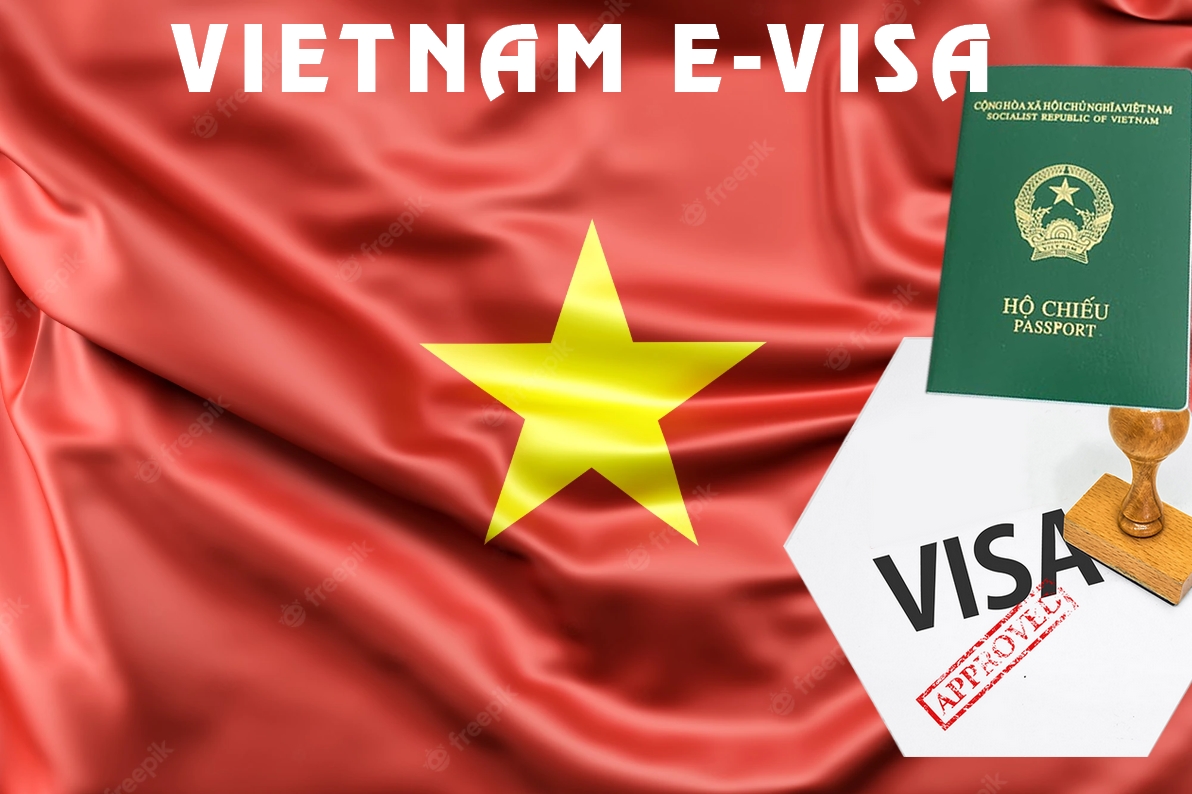
Processing times for emergency visas to Vietnam can vary significantly depending on the urgency and validity of your situation, and the application method used.
- Visa On Arrival – VOA approval may take 12 hours to 5 days if the emergency is genuine. More delays are possible if the situation is not adequately explained or documented.
- eVisa – eVisas advertised as 1-3 working days can be processed in just hours for emergency cases if urgently requested and clearly evidenced. Delays may occur if documentation is insufficient.
- Embassy Visa – In-person embassy applications can sometimes get same-day emergency visas if very urgent and well-documented. But rules vary between embassies.
While emergency visas aim for the fastest processing, approval times are still subject to immigration checks and verifications.
Providing comprehensive details and documentation will assist in expediting the emergency visa application.
How Much Does an Emergency Visa Cost?
Obtaining a visa on an emergency basis typically involves higher fees than a standard tourist visa. This is due to the accelerated processing and administrative requirements to issue the visa on short notice. The exact cost can vary depending on nationality and visa type.
Some examples of emergency visa fees for Vietnam are:
- Visa On Arrival – The VOA stamping fee is approximately $50 USD per person after receiving approval letter. Agencies assisting with the application may charge small additional service fees.
- eVisa – Online eVisa fees start around $80-100 USD depending on nationality. Fees are paid upon application submission.
- Embassy Visa – Fees vary by embassy location. Expect to pay $100-150+ USD for expedited in-person applications in many countries.
Payment methods – Accepted payment methods include credit/debit cards, bank transfer or cash at the embassy. Most agencies and online VOA/eVisa applications accept card payments.
While pricier than a standard tourist visa, for genuine emergency situations the benefit of very fast visa approval often outweighs the extra cost.
What are the Validity and Duration Rules?
Vietnam’s emergency visas come with specific validity and duration guidelines:
- The visa must be used within 30 days of approval, ensuring prompt travel after getting authorized.
- The stay duration is up to 30 days from entry. For longer than 30 days, apply for extensions once in Vietnam, pending approval.
- Extensions are possible due to the emergency situation. Extra fees apply. Proper documentation explaining extended stay needs is required.
- Most emergency visas permit one entry only.
- Unused visas are non-refundable since they are processed urgently for imminent travel.
Rules can vary slightly for VOA versus eVisa emergency visas – always verify your particular visa’s validity, duration, and extension options.
Can I Convert My Tourist Visa to an Emergency Visa?
Unfortunately, a regular tourist visa cannot be converted to an emergency visa for Vietnam. The emergency visa requires submitting a new application along with documentation proving you have an urgent situation requiring entry into Vietnam.
However, if you already have a valid tourist visa, you can still apply for an emergency visa if an emergency situation arises. Both visas can be valid in your passport at the same time.
When entering Vietnam, the immigration officer will stamp the visa (tourist or emergency) that aligns with your entry date and purpose.
So having a valid tourist visa does not prevent you from applying and obtaining approval for an emergency visa if a genuine emergency occurs. The key is submitting a new emergency visa application with supporting documentation.
Here are some tips on what to do if your emergency visa application to Vietnam is rejected:
- Don’t panic. Although frustrating, visa rejections can often be overcome. Stay calm and take a systematic approach.
- Carefully review the rejection letter. It should explain the reasons your emergency visa was denied. Make sure you fully understand the issues cited.
- If the reasons seem unclear or unjustified, consider lodging an appeal. Provide additional documentation and clarification to address any problem areas.
- If timing is critical, apply again immediately. Make sure to resolve any gaps from your first application based on the rejection rationale provided.
- Alternatively, consider applying for a regular tourist visa/eVisa if an emergency visa appeal will take too long. While not ideal, it may allow you to enter Vietnam.
- If applicable, get help. Work with your sponsor, employer or a reputable visa agency to identify solutions and ensure you provide a complete application.
- Remain patient and persistent. Visa processes can be frustrating. Stay focused on resolving any issues systematically and promptly to get your emergency visa approved.
The key is not to get discouraged. Carefully analyze the rejection, identify solutions and rapidly take appropriate actions to get your emergency visa or an alternative so you can travel to Vietnam as needed.
Emergency situations that may require a Vietnam visa at short notice include:
- Medical emergencies – If you or a loved one fall ill or have an accident while traveling in Vietnam, you may need to quickly obtain a visa to enter the country for treatment. Supporting documentation like medical reports may be required.
- Family emergencies – The death or serious illness of a close relative in Vietnam may require urgent travel to attend funeral services or provide support. Documents like a death certificate are usually needed.
- Business emergencies – Important business meetings, negotiations, or events in Vietnam that can’t be postponed may warrant quick visa approval. Letters from your employer can help expedite the process.
- Disasters or accidents – Aid workers, journalists, or family members may need to swiftly enter Vietnam after a natural disaster, crash, or similar event there. Communications from employers or bookings can back up applications.
- Visa expiration – Some travelers may require an emergency extension of their current visa if its validity ends amidst an ongoing emergency situation in Vietnam.
The key considerations are proving there is a genuine, unforeseen emergency and providing documentation to support the visa application. Vietnamese immigration officials scrutinize applications to confirm real need before emergency approval. Planning ahead as much as possible is still wise.


